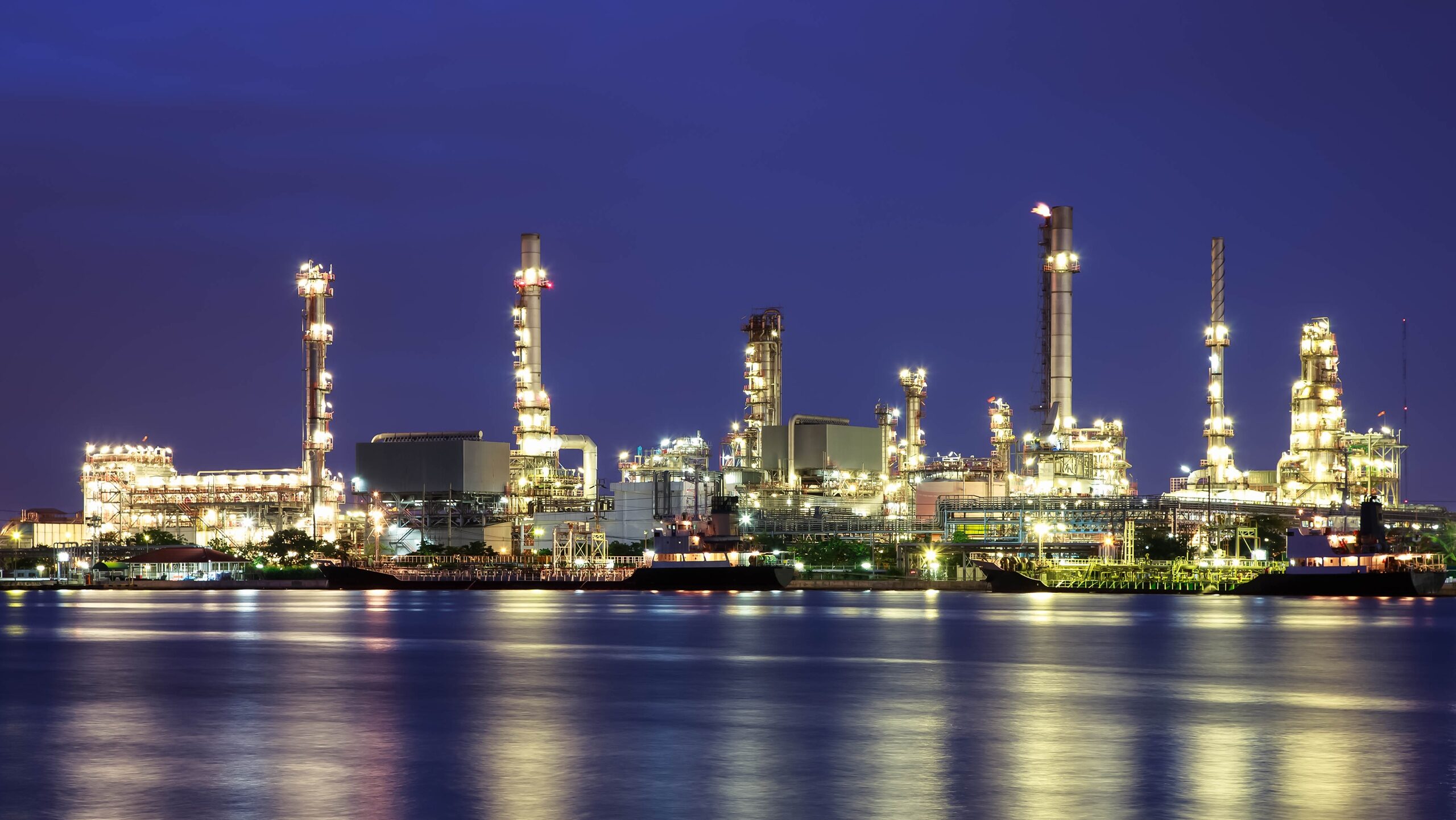Iraq Claims Fuel Import Independence After Refinery Drive
Iraq halted imports of gasoline, diesel, and kerosene on Wednesday, Prime Minister Mohammed Shia’ al-Sudani announced in Baghdad, casting the decision as the payoff from a three-year push to expand domestic refining and move the country toward energy self-sufficiency. Speaking to tribal leaders and community figures, al-Sudani said the move would save the treasury “around 6 trillion Iraqi dinars (over 4.5 billion US dollars)” once spent on oil-derivative purchases. He added that ending routine burning of associated gas—“which costs us 4 billion dollars annually”—is the next target on the road to “energy independence.”
Give the gift of hope
We practice what we preach:
accurate, fearless journalism. But we can't do it alone.
- On the ground in Gaza, Syria, Israel, Egypt, Pakistan, and more
- Our program trained more than 100 journalists
- Calling out fake news and reporting real facts
- On the ground in Gaza, Syria, Israel, Egypt, Pakistan, and more
- Our program trained more than 100 journalists
- Calling out fake news and reporting real facts
Join us.
Support The Media Line. Save democracy.


The policy marks a sharp turn for a country that long relied on exporting crude while importing refined products to meet daily demand. New and upgraded refineries brought online since 2022 have narrowed that gap, allowing the government to suspend orders for core fuels, according to directives issued this week. Officials frame the shift as part of a broader economic program meant to keep more value inside Iraq, improve balance-of-payments pressures, and steady retail fuel supplies after years of patchy imports.
Baghdad is also pressing national oil companies and partners to capture flared gas in southern fields for power generation and industry—an effort tied to reducing blackouts, lowering pollution, and freeing up crude for export rather than burning gas at the wellhead. The stakes are large: oil still accounts for roughly 90% of state revenue, leaving the budget vulnerable to price swings and infrastructure bottlenecks. Al-Sudani’s team argues that deeper refining capacity, paired with gas-to-power projects, can cushion those shocks and cut costly purchases from abroad.

